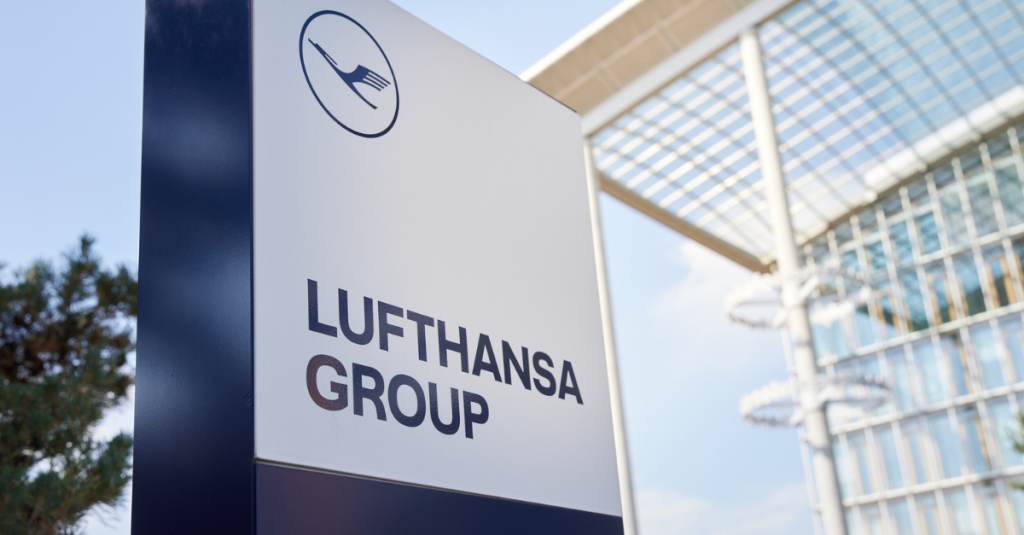In the first quarter of 2024, Lufthansa Group has reported a substantial net loss, largely attributed to strike actions. This decline marks a 57% increase in losses compared to the same period last year.
Despite a rise in total revenues and passenger numbers, the financial impact of strikes remains a significant challenge for the company. The quarterly figures underscore the ongoing operational hurdles Lufthansa is attempting to overcome.
Financial Impact of Strikes
Lufthansa Group experienced a net loss of €734 million in Q1 2024, significantly influenced by €350 million lost due to strikes. This loss represents a substantial increase from the €467 million reported in the same quarter of the previous year.
The Group noted a 5% increase in total revenues, reaching €7.4 billion. However, this growth in revenue could not offset the financial losses incurred by the strikes, as pointed out by Remco Steenbergen, Lufthansa’s chief financial officer.
Operational Adjustments and Employee Relations
Strikes were conducted by various employee groups, including those of system partners. This industrial action not only affected the financials but also led to operational disruptions.
Remco Steenbergen highlighted the completion of long-term wage agreements for most employees, aiming to prevent further disruptions and ensure clarity for future operations.
Passenger Growth and Future Outlook
Passenger numbers soared to 24 million in Q1 2024, a 12% increase from the same period last year. Seat capacity also expanded by 12%, showing a proactive approach to meeting the rising demand for air travel.
The load factor, remaining steady at 79.7%, reflects Lufthansa’s ability to fill seats despite challenges. Strong demand for summer bookings, particularly to destinations like Spain, Portugal, and the US, is anticipated to bolster future performance.
Lufthansa projects a capacity level of 92% relative to 2019 pre-pandemic figures for the full year, although this is a downward adjustment from the initially expected 94%.
Cost Management and Strategic Initiatives
Faced with rising personnel and operational costs, Lufthansa Group has outlined strategies to manage expenses, including halting new projects and reassessing staffing needs in administrative areas.
Despite these cost pressures, CFO Remco Steenbergen reported positive cash flow, attributing it to high travel demand and a robust balance sheet.
Long-haul Route Expansion and Premium Services
Lufthansa is focused on expanding its offerings, particularly on long-haul flights, to cater to increasing demand. This expansion aligns with their strategic vision of strengthening premium customer services.
CEO Carsten Spohr emphasized the importance of reliable flight operations and premium service offerings, noting the positive trend among both leisure and business travellers.
Subsidiaries and Business Segments
The Lufthansa Group encompasses several airlines, such as Austrian Airlines and Brussels Airlines, which contribute to the Group’s broad market reach.
These subsidiaries are integral to Lufthansa’s strategy of market expansion and customer service enhancement, supporting overall business growth.
Outlook Amidst Workforce Changes
As the company navigates workforce shifts and cost-cutting measures, it remains committed to maintaining high service levels and operational efficiency.
Carsten Spohr reiterated the firm’s dedication to future growth, ensuring that Lufthansa continues to meet the needs of its diverse customer base.
Lufthansa’s Q1 results highlight the significant challenges posed by strikes but also reveal strategies for recovery and growth.
With the expansion of long-haul routes and a commitment to premium services, Lufthansa aims to navigate the current difficulties and strengthen its position in the aviation market.

